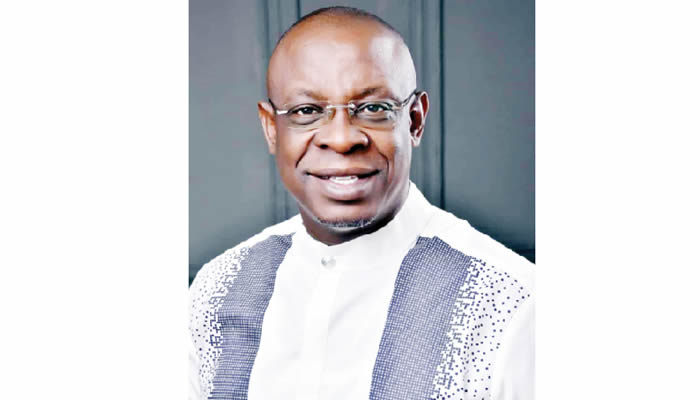A chieftain of the Labour Party (LP) has argued vehemently against the proposition of Peter Obi, the party’s presidential candidate in the 2023 Nigerian elections, accepting the vice-presidential slot in the upcoming 2027 elections. This stance stems from a belief that such a move is a calculated attempt to diminish Obi’s political stature and effectively end his burgeoning political career. The chieftain contends that Obi’s significant influence and growing popularity within the Nigerian political landscape pose a threat to established political forces, and offering him the vice-presidential position is a strategic manoeuvre to neutralize that threat. Accepting a subservient role would undermine the substantial gains Obi has made and relegate him to a position of diminished influence, essentially sidelining him from the political center stage.
The argument against Obi accepting the vice-presidential slot revolves around several key points. Firstly, it’s seen as a deliberate demotion, a strategic relegation from the forefront of political leadership. Having contested the presidency and garnered substantial support nationwide, stepping down to the vice-presidency would be perceived as a significant step back, a retreat from the momentum he has built. Secondly, the vice-presidential role is traditionally less influential, offering limited power and autonomy. Obi’s dynamism and vision, which resonated with many Nigerians during the previous election, would be stifled within the confines of a supporting role. He would be relegated to implementing another’s agenda rather than driving his own, effectively silencing the unique voice and perspective he brings to Nigerian politics.
Furthermore, accepting the vice-presidency would damage Obi’s credibility and disappoint the millions who rallied behind his presidential bid. It would be perceived as a betrayal of the trust and hope invested in him, a concession to the very political forces he challenged. This perceived capitulation could significantly erode his support base and undermine his future political prospects. The chieftain argues that Obi represents a new wave of political thought in Nigeria, a departure from the established order, and accepting the vice-presidency would signal a surrender of this new movement, a regression to the old ways of doing politics.
The chieftain also raises concerns about the potential implications for the Labour Party. Obi’s leadership has revitalized the party, transforming it from a marginal player into a formidable force in Nigerian politics. His acceptance of the vice-presidential role could fracture the party, demoralize its members, and reverse the gains made in recent years. It could be interpreted as a prioritization of personal ambition over the party’s growth and the broader movement for political change that it represents. Moreover, it could reinforce the perception that the Labour Party is not a serious contender for power, but rather a vehicle for individual political advancement.
Instead of accepting the vice-presidency, the chieftain argues that Obi should continue building on the momentum generated from the previous election. This could involve strengthening the Labour Party’s grassroots presence, engaging in constructive opposition, and advocating for policy reforms that align with his vision for Nigeria. By maintaining his position as a leading voice for change, Obi can continue to inspire and mobilize Nigerians, ensuring that the movement for a better Nigeria remains vibrant and impactful. He should focus on consolidating his support base, forging strategic alliances, and preparing for future elections, where he can once again present himself as a credible candidate for the highest office.
In conclusion, the chieftain’s argument against Obi accepting the vice-presidential slot centers on the belief that it would be a strategic blunder, a significant setback for Obi’s political career, and a detriment to the Labour Party and the wider movement for political reform in Nigeria. It is viewed as a calculated move by established political forces to neutralize a rising threat, to silence a dissenting voice, and to maintain the status quo. The chieftain advocates for Obi to remain a prominent figure in Nigerian politics, pushing for meaningful change from outside the confines of a subordinate role, and continuing to inspire hope for a better future for Nigeria. He should leverage his current influence and popularity to build a stronger political foundation for himself and the Labour Party, positioning himself for a more impactful role in shaping the future of Nigerian politics.














